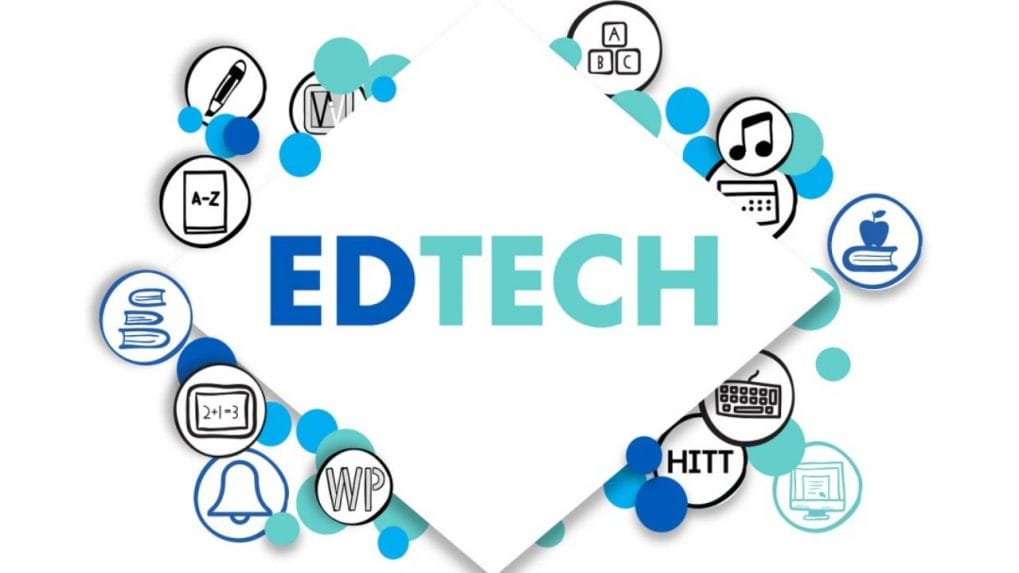Lowering GST from 18% to 5% in EdTech will boost industry growth: Report
If the GST rate on EdTech services were reduced from 18% to 5%, the sector could experience an impressive 34% compound annual growth rate (CAGR)
ADVERTISEMENT
The Indian EdTech sector stands at the intersection of education, technology, and economic growth. In India where over 65% of the population is under 35 years of age, EdTech platforms are redefining how education is accessed, delivered, and experienced. With a market valued at USD 7.5 billion in 2024 and projected to reach USD 29 billion by 2030, the sector’s journey highlights its transformative potential and resilience in the face of challenges
An EdTech report by Internet and Mobile Association of India (IAMAI) called 'Impact study of EdTech in India', says that lowering the GST on EdTech services could significantly boost the sector by making education more affordable and accessible while driving economic growth and increasing revenue.
In recent years, the rising demand for EdTech services has contributed significantly to the economy through taxes. However, the current 18% GST rate on these services poses a challenge by making them more expensive. This is particularly concerning as other segments of education in India benefit from lower tax rates and substantial subsidies.
If the GST rate on EdTech services were reduced from 18% to 5%, the sector could experience an impressive 34% compound annual growth rate (CAGR). This reduction would make EdTech courses more affordable for school students, competitive exam aspirants, and professionals seeking skill development to enhance employability.
Projections show that revenue under a 5% GST regime would consistently exceed what would be generated at the current 18% rate, with revenues expected to reach USD 28 billion by 2031-32. This highlights how a lower GST rate not only promotes greater access to education but also fosters industry growth, increases government revenue, and supports the goal of making quality education more accessible and equitable.


